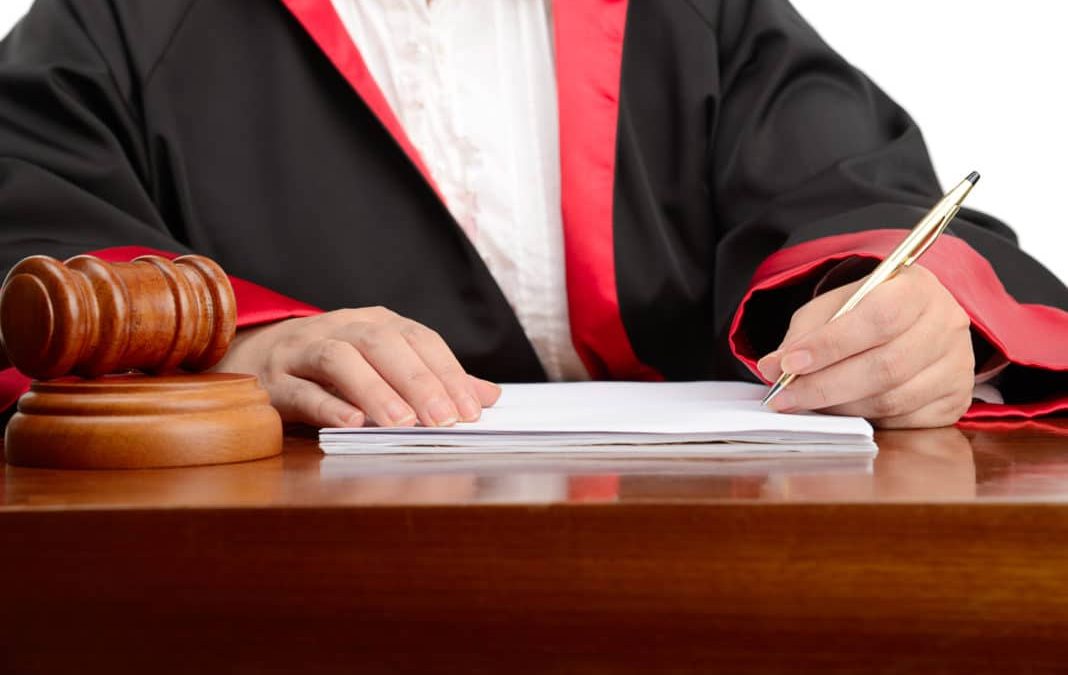
The consequences of not having a will
If you don’t write your own will, the government where your assets sit has one for you – they will decide where your assets go and the consequences with it.
How property (assets) passes on your death
The adage, “you can’t take it with you,” literally applies under the law immediately upon your death. Because you can’t take it with you, the assets you have accumulated during your life must pass to other parties.
How that property gets to your heirs (automatically or by “court” action) depends upon how you own the property, what type of property it is and any beneficiary designations.
If you have a property also owned by another, you must decide whether tenants jointly or jointly own it.
The former allows the property to pass onto the remaining owner by default but still requires proof of death to remove the deceased partner from the title. However, if tenants are in common, your 50% must be designated to beneficiaries, as the remaining partner can only sell the property with all tags in place.
If you haven’t written a Will, the property must stay owned until the courts decide who would receive your 50%.
Your Will
Property that does not pass by beneficiary designation passes through the court system in the probate process. This is usually at least your bank account. The court will allow distribution to your heirs according to the terms of your Will after the Will goes through a particular proceeding (often called proving the Will). A properly executed Will allows you to choose those individuals or organisations who will receive your property at your death.
If exceptional circumstances arise, i.e., the Will is contested, the court will make your wishes about the distribution of your property.
You must submit your Will, death certificate, and list of assets to get the Grant of Probate. The approval for your Executor/s to collect your purchases for distribution to your beneficiaries.
It can still take months, even years, to distribute your estate with only a Will in place. Depending upon the ownership of assets (maybe a Thai company property) or who owns (joint tenancy means the remaining owner has to pay out) or listed assets cannot be found. There are many reasons.
Jointly Owned Property
Many married couples jointly own many assets with the right of survivorship. When one spouse dies, the surviving spouse automatically receives complete property ownership.
But is holding all your property as “tenants by the entirety” (limited to husband and wife) or in joint tenancy (not necessarily limited to husband and wife) desirable in most instances?
If all your property belongs to you jointly, the survivor will obtain everything by law and without probate proceedings. Does it follow then that joint ownership is a substitute for a Will or the best tax plan? The answer is a resounding no! Here’s why:
Simultaneous deaths may cause jointly owned property to pass to persons other than those you would have liked to receive.
There will always be some degree of uncertainty that you will own all your property together. E.g. an unexpected inheritance or other substantial treasure troves may come your way just before you die.
Jointly owned property limits the possibility of distributions to beneficiaries other than the joint owner.
Holding most or all of your property in joint tenancy may make it impossible to take advantage of specific estate planning techniques, such as family trusts.
Having a will to explain the inheritance would clarify any confusion.
Life Insurance
Life insurance proceeds payable to a named beneficiary pass without regard to the terms of a person’s Will. Therefore, insurance will generally give outside the probate system.
However, your death certificate is needed for this. It can take months to issue as insurance companies always need to know your cause of death.
If you have not named beneficiaries, then the value of the insurance is added to your estate and given out according to your will or the courts if you have not written one.
Retirement Plans and Trusts
Other properties that may pass named beneficiaries automatically and without regard to a Will include benefits of qualified retirement plans, annuities, and inter vivos (living) trusts.
Both are forms of trust and can give your named beneficiaries immediate access to the contents without legal intervention, saving time, costs and financial stress for your loved ones.
These should be additional to your will.
The Guardians of your minor children
The people most important to you, your spouse and your children are affected by your estate plan in ways other than what property they will receive at your death.
You will have to make an important decision about who will be your minor children’s guardians.
For Hong Kong, if your guardian/s are coming from overseas, you must appoint a guardian until they arrive.
You should also have a separate Deed of Guardianship. This allows the family courts to consider your children separate from your will (probate court) and, therefore, immediately.
Intestate Distribution
If you still need to write your own Will, the government has written one for you. What follows is a “typical” pattern of distribution under intestate laws.
While other government rules might vary in some respects. This example should pique your interest in what your country’s law provides (HK).
Let’s call this Joe Procrastinator’s Will.
My Last Will and Testament (via intestacy)
Being sound mind and memory. I, Joe Procrastinator, do at this moment publish this as my Last Will and Testament.
First,
I give my spouse only HK$500,000 and one-half of my possessions, and I give my children the remaining half.
Second,
- As guardian of my children, I appoint my spouse, but as a safeguard, I require that he report to the Probate Court every year and explain how, why and where the money was spent.
- As a further safeguard, I direct my spouse to produce a Performance Bond to the Probate Court to guarantee that they exercise proper judgment in handling, investing and spending the children’s money.
- As a final safeguard, my children shall have the right to demand and receive a complete accounting from their surviving parent of all their financial actions with their money as soon as they reach legal age.
- When my children reach 18, they should have full rights to withdraw and spend their share of my estate.
Third,
Should my spouse remarry, this second spouse shall be entitled to one-third of everything my spouse possesses. Should my children need some of this share for their support, the second spouse shall not be bound to spend any of their claims on my children’s behalf.
- A) The second spouse shall have the sole right to decide who will get that share, excluding my children.
Fourth,
Should my spouse predecease me or die while any of my children are minors, I do not wish to execute my right to nominate the guardian of my children.
- A) Rather than nominate a guardian, I ask my family and friends to decide together.
- B) If they disagree on a guardian, I direct the Probate Court to select one. If the court wishes, it may appoint a stranger acceptable to it.
Fifth, (applicable to countries that hold death or inheritance taxes)
Under existing tax law, there are certain legitimate avenues open to me to lower death taxes. Since I prefer to have my money used for government purposes rather than to benefit my spouse and children, there should be no effort to lower taxes.
In Witness of which, I have set to this, my Last Will and Testament, my hand and seal, the _____ day of ________________, 2019.
Most people, after reading this, would want their instructions in place!
SUMMARY
Estate planning is not a one-time process.
You must constantly review your plan to ensure it fits your family situation. So, you should seek professional advice before implementing any estate plan.
However, it does not have to be complicated, either. You need to start with a Will, have beneficiary nominations in place (for pensions and life insurance), and consider the benefits of a living trust, either now or over time.
Remember, it’s easy to put off developing a detailed estate plan, but it’s your choice to preserve for your heirs what it took a lifetime to achieve for you.
If you have any questions, please feel free to contact us at www.careysuen.com.

